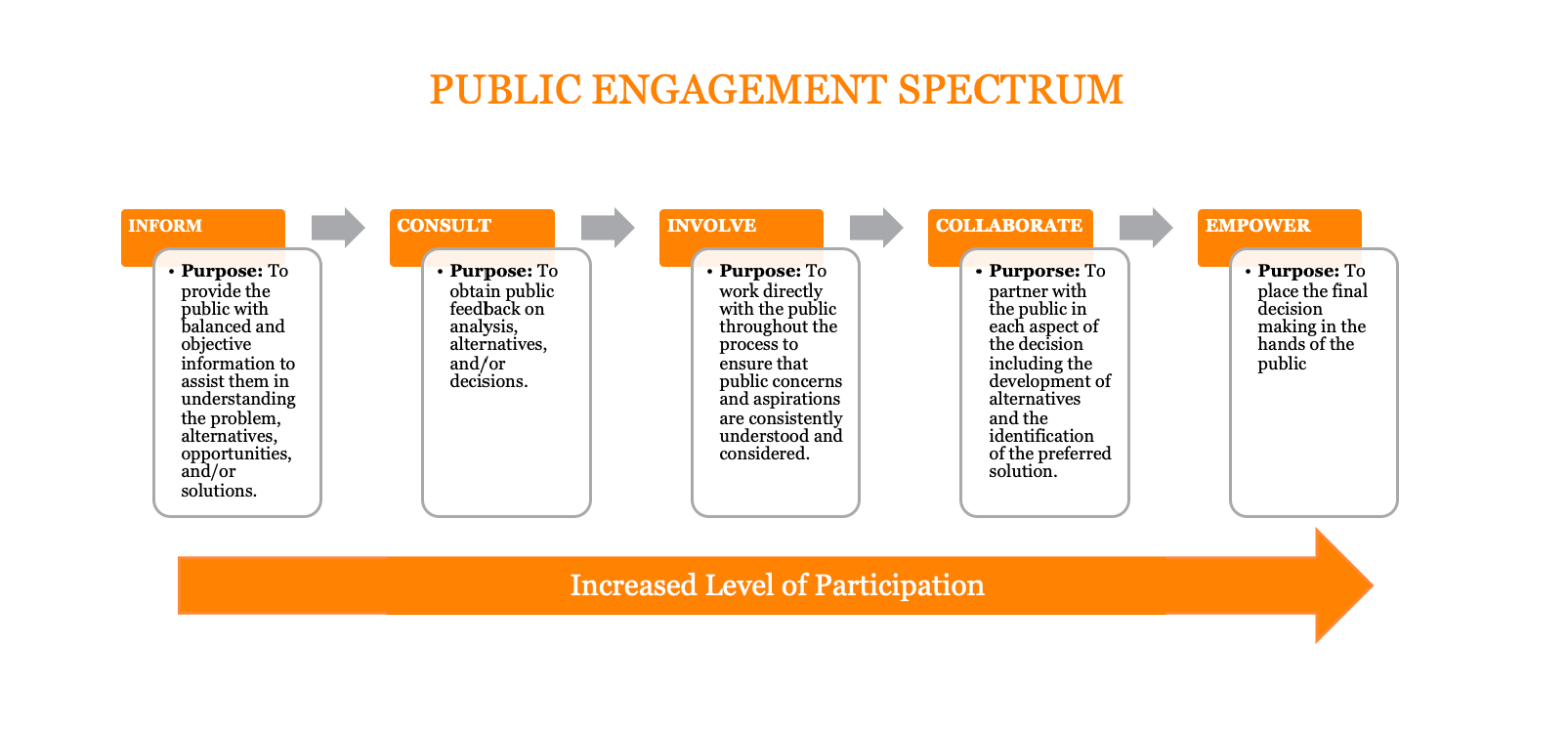
The University of Tennessee, Knoxville uses the Carnegie Foundation’s definition of community engagement:
Community Engagement describes the collaboration between higher education institutions and their larger communities (local, regional/state, national, global) for the mutually beneficial exchange of knowledge and resources in a context of partnership and reciprocity.
Studies have found that building a more contemporary “engaged campus” requires an intentional plan that moves the institution from a one-way “outreach” delivery framework (e.g., the university shares its expertise with the community to serve the needs of the public) to an “engagement” or two-way partnership framework (e.g., the university and community co-construct and co-produce solutions to societal issues).
 Research also shows an association between community engagement and:
Research also shows an association between community engagement and:
- higher retention rates (faculty and students)
- increased public appropriations
- increased capacity in a university’s research and teaching functions
(Weerts & Sandmann, 2008).
Today’s engagement is scholarly, is an aspect of learning and discovery, and enhances society and higher education. Undergirding today’s approach to community engagement is the understanding that not all knowledge and expertise resides in the academy, and that both expertise and great learning opportunities in teaching and scholarship also reside in non-academic settings.
By recommitting to their societal contract, public and land-grant universities can fulfill their promise as institutions that produce knowledge that benefits society and prepares students for productive citizenship in a democratic society. This new engagement also posits a new framework for scholarship that moves away from emphasizing products to emphasizing impact. (Fitzgerald, Bruns, Sonka, Furco, and Swanson, 2012).